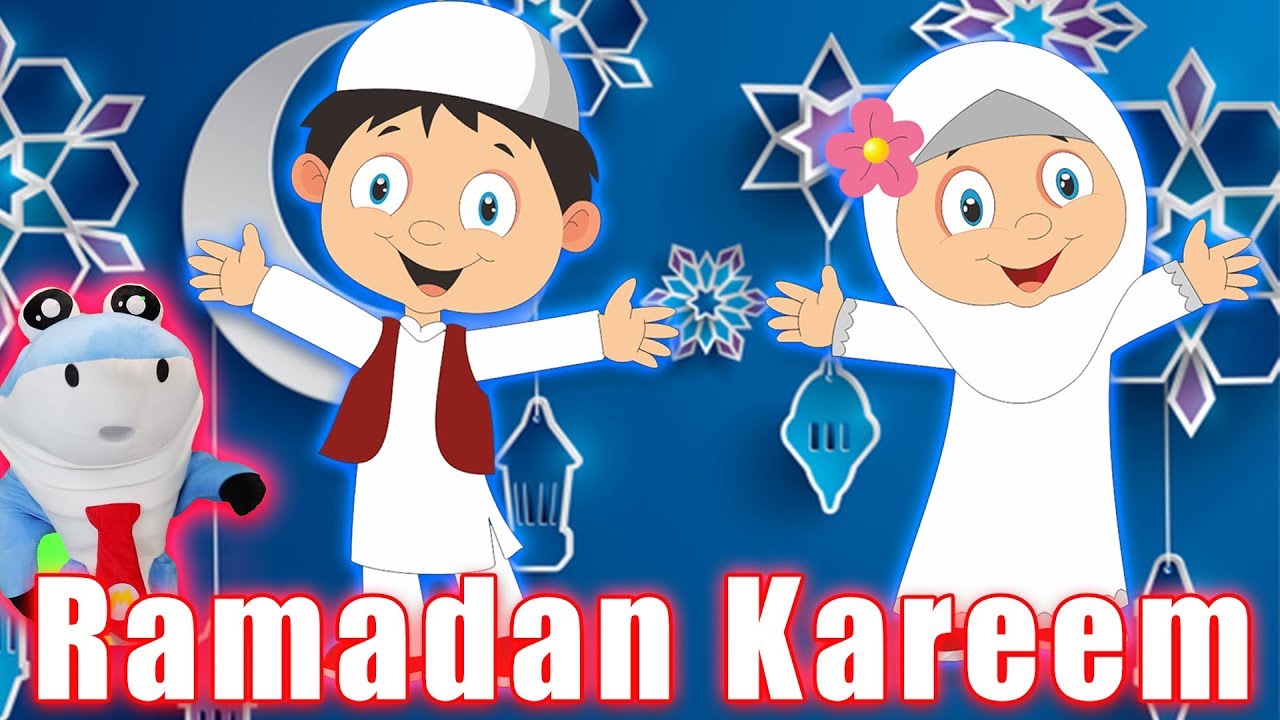Poetry Spotlight: Khadija Abdalla Bajaber
9th May, 2019 at 10:04AM
Khadija Abdalla Bajaber is the assistant poetry editor for the Panorama Travel Journal's East African Issue. In 2018, she was crowned the first winner of the Graywolf Press Africa Prize for her manuscript, The House of Rust. The manuscript outlines the story of a young Mombasa-born girl who goes to the sea to search for her fisherman father, accompanied by a scholar's cat. Bajaber blends the folk stories of post-independence Mombasa with a coming of age tale, as her protagonist faces the monsters ahead and the demons of her past.When asked what her creative process looks like, Khadija says, "that sounds technical. Very mysterious, and suitably author-y. House of Rust is the first and the only manuscript (so far) that I have seen to completion. In order to dedicate myself to it, I had to abandon all my (endless) multiple works in progress and concentrate my time and effort on it. I had to make the intention to complete it." She also adds that what has worked for her is a system of audibly narrating stories to herself from beginning to end. "Think of it just like the 'once upon a time' type of narrative; that's how THoR came to be for me- telling the story during a power cut to my family then writing it in an exercise book -a math's book to be exact. I like the symmetry."Khadija also shares her personal surprise when she discovered her one unbreakable writing rule: she never writes when she is mad. Apart from that, she likes writing when she is alone and whenever the urge strikes. "I am extremely protective of my work, so the moment someone even touches one of my writing journals/books, I freeze up. So, I don't let anyone read anything I'm not ready for them to read."Most writers and poets are voracious readers, and we were naturally curious to see which names Khadija would consider essential reading. "Blegh!" she remarks, adding, "there's no one or essential reading. That said, I've been reading Michelle Angwenyi, Grace Ogot and K'eguro recently and enjoy their work. One should read work that makes you feel things, hot or cold, if you feel it in your heart or in your body in an animal way - it's what clicks with you. We take our influences from different things, and different things resonate within us differently."The inaugural Graywolf Prize is no mean feat, and most fans, friends and (perhaps) foes alike often wonder what the experience felt like for Khadija. She thoughtfully responds, "ironically, I'm not a competitive person. I know that is an incredibly smug sounding statement, considering, but it's the truth. Honestly, I am content to not participate and be overtaken. When I was a kid it seemed important to keep up with one's peers, but I could never take it seriously enough and trying to meet those expectations stressed me out, it wasn't healthy pretending I wanted to. As an adult, I flourish when I try to make my own path instead of trying to measure my success with other people in mind. The only person who can determine that...is me, and it's a quiet understanding."Hard to argue the merits of her wise words. But if fame is not the goal, what does success look like for this talented poet, we ponder? She delivers yet another beautiful response. "Traditionally, how do we measure success? Talk? Money? Awards? Maybe I'm successful if somebody tells me the book meant something, anything to them. I just want people to read. And believe in themselves, even if they hate the book. People from Mombasa have voiced their support for me, and I'm touched, but what I need is for them to believe in themselves - because I believe in us. I'm glad I won, I'm in kind of a weird situation as well, because I had no understanding that this could be a possibility for me. Peddling your manuscript here or abroad, without that kind of help is...not fun."Khadija acknowledges that The Graywolf prize is like a stamp of approval, like it or not. She knows that this win means she will have an easier time trying to get a second manuscript accepted somewhere compared to starting out fresh. "I have The Graywolf prize on my writing resume and I am grateful. I can't underestimate just how extremely lucky I am in that regard. The prize is validating; you've got this whole team of wonderful people who believe in your work, who want to make it the best it can be - this support is invaluable, it doesn't let you not believe in yourself."Khadija draws her creative influences from varied sources; both simple and complex. Starting with day to day images, poetry, books, music, on to the intricacies of flawed humanity, magical realism and evidenced in her passion and love for Mombasa, her home town. "I've always liked the unlikable characters or un-traditionally heroic characters. I like meaty villains; I don't need everyone to get a redemption arc. There's hunger in the characters I write, for things that aren't always tangible. So, they go through life, hungry forever, sometimes. I like characters who are afraid, who are very flawed, sometimes you forgive them, sometimes they don't get forgiven, sometimes you don't want to forgive them, sometimes you don't need them to be forgiven - but you enjoy them nonetheless."Khadija's new book is slated for publishing by an Italian publishing house in 2020. Judging by the insightful manner in which she responded to this interview, it is easy to see why the 27-year-old beat nearly 200 submissions with The House Of Rust. We can't wait for what's next for this rising star.





